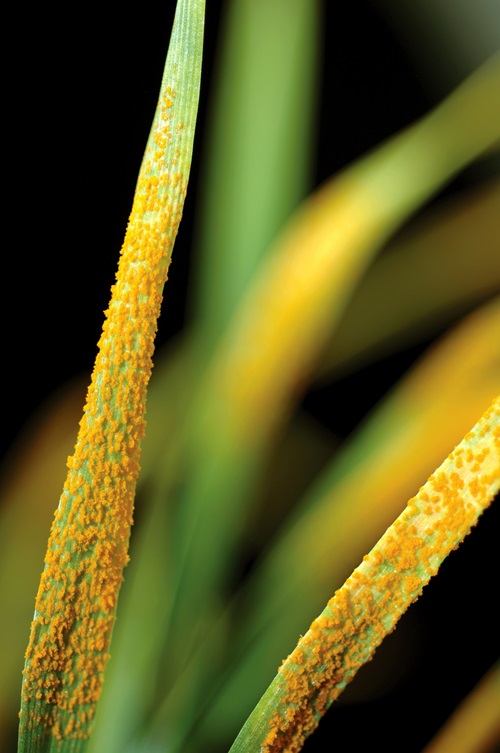Australia
February 26, 2024

Stem Rust disease poses a significant threat to the Australian wheat industry.
Scientists at CSIRO, Australia’s national science agency, have achieved a breakthrough in molecular plant pathology, marking a technological leap forward for breeding durable disease-resistant crops.
Plant pathogens – organisms which cause plant diseases – greatly reduce agricultural productivity and are a persistent threat to global food security.
Annually, rust pathogens lead to crop losses of US$1 billion worldwide.
The scientists developed a novel rapid gene-screening platform which can identify new avirulence (Avr) effector genes in plant pathogens, building on decades of CSIRO research in synthetic biology, genetics and molecular plant pathology.
CSIRO’s Dr Peter Dodds, co-lead of the project, said the new method will have a huge impact on future pathogen-resistant crop development.
“Our advanced screening technology represents a technological leap forward in our ability to study the processes that give plants enduring resistance to disease, enabling new genetic strategies to safeguard crop production and disease management in Australia and abroad,” Dr Dodds said.
"This method enables high-throughput screening of complex genetic libraries in a plant’s cellular environment at an unprecedented speed. This enhances the ability to select more disease-resistant crops and aids efforts in pathogen surveillance.
“This technology positions CSIRO to tackle important biosecurity challenges as climate change increases risks for disease outbreaks.
“We have been able to identify several new fungal Avr effector genes in the wheat stem rust pathogen, reducing the time from years or even decades to mere months."
Effector genes in plant pathogens, like rust fungus, encode proteins that suppress plant immune responses. However, if the plant recognises these pathogen proteins, they can activate plant defence mechanisms and stop widespread infection.
Dr Thomas Vanhercke, who also co-led the project explained that while this study examined Avr genes in a rust fungus which affects wheat, the same technique can be applied to other crops and pathogens.
The article ‘Pooled effector library screening in protoplasts rapidly identifies novel Avr genes’ was published in Nature Plants.